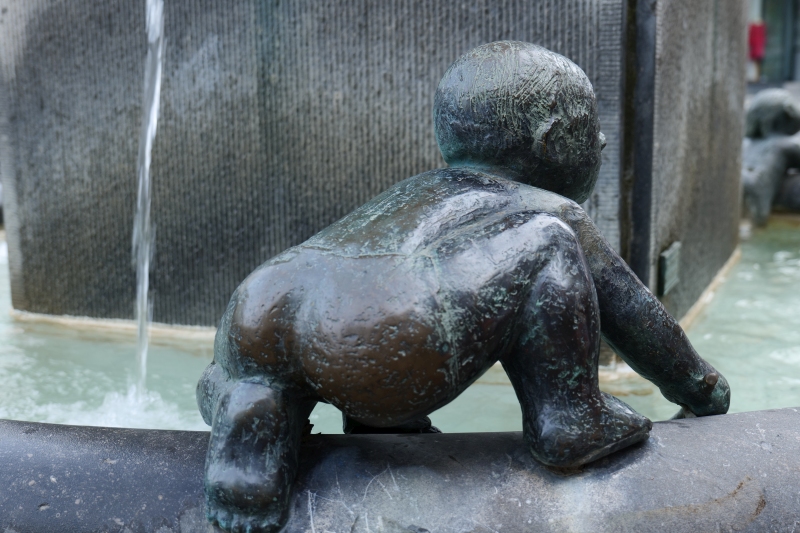It’s never easy to know what the truth is. It’s not even clear if it is possible to find one that would be valid for everyone.
On the other hand, most of us want to have some shared understanding we can consider the truth. It creates a sense of belonging with those who share the same truth. It also allows for a sense of stability based on the known and leads to an ability to address the unknown. The ease emerges from others sharing the same idea and thus validating our perception.
A challenge appears when our ideas are questioned, when others confront us with their arguments, and search for ways to persuade us. That often is when our understanding of how the truth can be defined is questioned. Most of the time, rationalization becomes the chosen path. Questions asked will be related to facts, proofs, scientific research, and the idea that there is an answer somewhere out there.
What if we’d accept that truth hasn’t been established and can’t be established as long as there is an unknown that remains? If we’d accept that the truth can also be the way we humans deal with the existing unknown?
This might allow us to see that a belief is a truth we’ve given ourselves in a sphere of uncertainty. Take a belief linked to religion, we may see that some people know that there is a God, whereas others will know that there is none. Said differently, what they know is what they believe in and consider fundamental to their approach to life.
This might also allow us to see that an opinion is a truth we’ve given ourselves based on what we know and what we value. It’s a truth that may not be shared with everyone, but that serves us in our decision-making process and enables a decision-making process.
In both cases, given beliefs and opinions, we settle on something we consider a truth as it enables or eases our actions. However, it often becomes so much of a truth that we’ll forget that others can come to a different conclusion.
Using such a perception, we can integrate facts, unknown, and uncertainty.
How much we rely on our truth and how little we allow ourselves to doubt will determine how open or rigid we appear to others.


